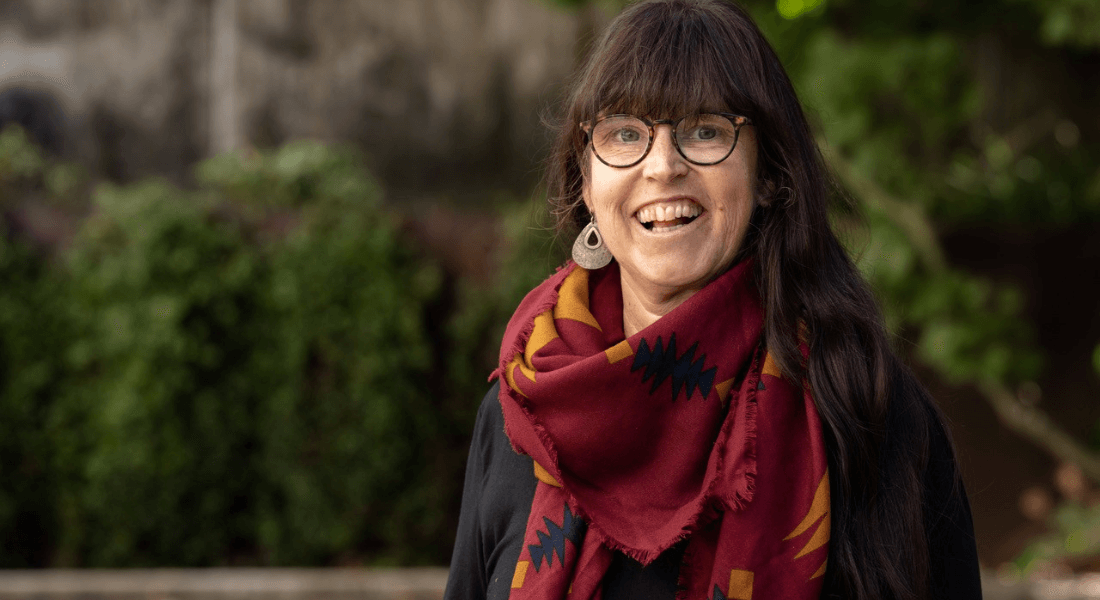Kari Norgaard: Climate change and the sociological imagination

We are delighted to invite you to a guest lecture by Kari Marie Norgaard, Professor of Sociology and Environmental Studies at the University of Oregon. Professor Norgaard is a leading scholar in the field of climate sociology, with widely recognized research on climate denial, political economy, and the role of culture and emotion in shaping societal responses to the climate crisis.
This event will be relevant across disciplines, and we warmly encourage all colleagues and students to join for what promises to be an inspiring and thought-provoking afternoon.
Lecture description by Professor Norgaard
The changing climate is rapidly altering the biophysical systems around which our modern capitalist societies are organized, and upon which existing life forms depend. As alarming as the climate data are, our collective failure to "rationally" respond brings another level of severity to our situation. For despite urgent warnings from atmospheric and social scientists, human social and political response to climate change remain wholly inadequate.
Together, these facts constitute an unfathomable crisis. They also form the basis of my work on socially organized climate denial. In contrast to “information deficit” models that presume we need better science education or more information to mobilize public response, or more cynical interpretations of people as fundamentally greedy and self-interested, the theory of socially organized denial tells a story about links between macroeconomic structure, community sensibilities, and individual emotions.
At the micro scale, we see how denial is produced through individual emotions and interactions. At the meso level of culture, norms of behavior from conversation, feelings, and attention shape and reinscribe what is considered “normal” to think about, talk about, and feel. Each of these are situated within and reproduce political economic power relations.
In this talk, I will build on this work to describe the importance of sociologists for theorizing about climate change. Despite rising calls for social science knowledge in the face of climate change, too few sociologists have been engaged in the conversations about how we have arrived at such perilous climatic circumstances, or how society can change course. Climate change a myriad of opportunities to teach and apply basic sociological theory.
With its attention to the interactive dimensions of social order between individuals, social norms, cultural systems and political economy, the application of a sociological theory to the topic of climate change allows for a powerfully reframing of four key problems in the current interdisciplinary conversation on climate change:
Why climate change is happening, how we are being impacted, why we have failed to successfully respond so far, and how we might be able to effectively do so.
_______
The event is open to all, no registration is required.
For further information, please contact Professor Anders Blok.
